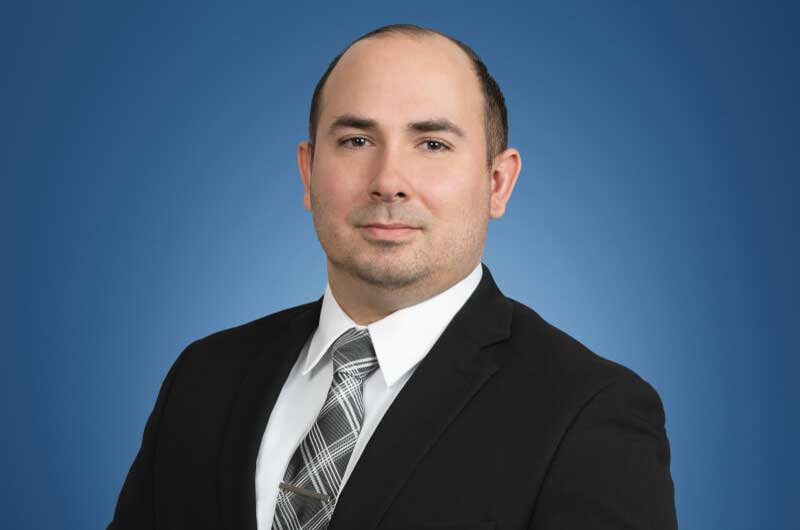Recently, I was asked, “if an insurer initially denies a claim and then later pays or is forced to pay, do they have to pay actual cost value, or replacement cost value?” After a little research on the topic, the old joke, if you ask a lawyer a question, their favorite answer is always, "it depends,” applies to this question, but in New Jersey in the outcome can favor the insured.
In Ward v. Merrimack Mutual Fire Insurance Company,1 the plaintiff’s property was destroyed fire and the defendant, Merrimack Mutual Fire Insurance Company (“Merrimack”), denied coverage. Merrimack, “claim[ed] that its authorized agent who issued a binder covering the structure had no actual or apparent authority to issue it.” Following trial, the jury, “determined that Merrimack was obligated to issue the policy and that it had breached that obligation.”2
The policy required the Defendant to pay actual cash value (“ACV”) until the complete of the repair or replacement. “The trial court held that plaintiff is entitled only to the actual cash value of the loss, rather than the cost of replacement, because he did not repair or replace the structure before the County of Monmouth condemned the property fifteen months after the fire loss.”3 Plaintiff appealed the trial court’s decision, arguing, “he was entitled to the replacement cost, as opposed to actual cash value, because it was his intention from the outset to rebuild the structure, but that his ability to do so was frustrated by Merrimack’s wrongful disclaimer of the binder issued.”4
While the trial court relied heavily upon the bad faith reasoning in Pickett v. Lloyd’s,5 the Superior Court ultimately held the bad faith standards were inapplicable as Ward made,
[N]o claim for consequential damages beyond the policy limits…he [sought] only to recover a benefit provided under the policy based on his contention that Merrimack’s breach of contract prevented him from satisfying the precondition that he replace the structure before Merrimack is duty-bound to pay him.* * * *
A party to a contract may not avail itself of a condition precedent where by its own conduct it has rendered compliance therewith impossible. [] This principle has been applied in the present context. See Bailey v. Farmers Union Co-operative Ins. Co. of Neb., [] (where carrier’s refusal to pay even the actual cash value of the structure, a condition precedent requiring replacement of the structure to recover replacement cost was waived under the rule that “[a] condition is excused if the occurrence of the condition is prevented by the party whose performance is dependent upon the condition”)….
Applying this equitable rule, courts in other jurisdictions have held that an insurer is estopped from arguing that an insured cannot demand replacement costs under a policy provision requiring actual replacement of the damaged property as a precondition to recovery where the insurer’s conduct frustrates the insured’s ability to satisfy the precondition…[]
Although, in most cases the insured asserts equitable estoppel, [], the courts generally base their determination on the theory of impossibility, that is, that the carrier’s conduct made it impossible for the insured to satisfy the precondition.6
The appellate court noted that standard to determine whether replacement cost value should be paid following a denial:
To excuse the condition precedent requiring the insured to repair or replacement the building in order to recover replacement cost, the facts must show that the insurer caused the non-performance of that condition; if the insured could not or would not have performed the condition or if it would not have happened whatever had been the insurer’s conduct, the condition is not excused.7
Ultimately in Ward, the Superior Court found that, “genuine issues of material facts concerning plaintiff’s claim that Merrimack’s wrongful breach of the insurance contract rendered impossible his ability to satisfy the condition precedent that he replace the structure before Merrimack is obligated to pay the cost of replacement,”8 and remanded the matter for another trial on damages, assessing plaintiff’s contention of impossibility of performance.
That old adage, that “it depends,” certainly applies here, but as I said above, it can work out in the policyholder’s favor.
As always, I’ll leave you with a (mildly) related tune, here’s Frank Sinatra with, It All Depends on You:
https://youtube.com/watch?v=GvJBiWDs40k%3Frel%3D0
1 Ward v. Merrimack Mutual Fire Ins. Co., et al., 332 N.J. Super. 515 (2000).
2 Id.
3 Id.
4 Id.
5 Pickett v. Lloyd’s, 131 N.J. 457 (1993).
6 Ward, at 522-523.
7 Id., at 527.
8 Id., at 518.




